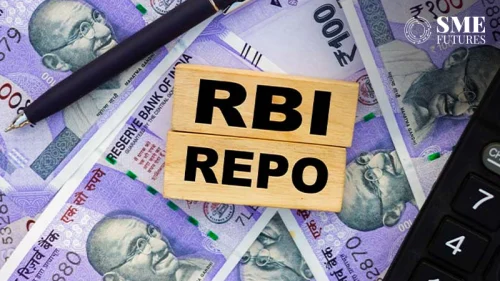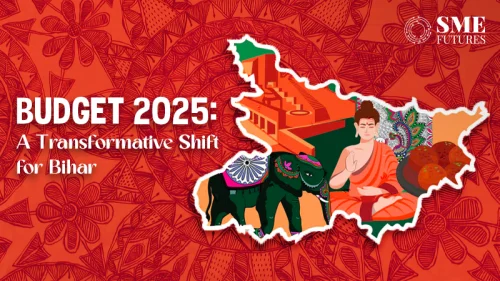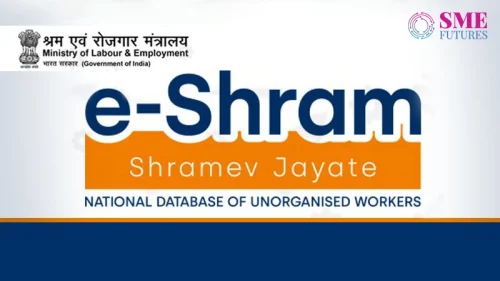The new e-commerce rules prohibit the unethical practice of cash burning and will promote the sellers to do business in a most ethical and transparent way, stated The Confederation of All India Traders (CAIT). It stated that the proposed rules for e-commerce were welcomed by the traders.
CAIT stated, “In totality, the government has come out with some strong and concrete steps to make the e-commerce market as reliable and the trading community across the country welcome these rules-said both the trade leaders.”
It stated, “The proposed rules when implemented will prohibit the unethical practice of cash burning and will promote the sellers to do business in a most ethical and transparent way.”
The body added further prohibiting the related enterprises to be listed as sellers on the marketplace and providing restrictions on sale of goods by any affiliate entity is a big step.
Traders’ association stated this will also remove the concept of preferred sellers being prominently used currently by few of the global majors.
“With the release of a draft of the proposed rules for e-commerce under Consumer Protection Act, the much controversial e-commerce business in India will transform in a new shape. It will leave no scope for the foreign funded e-commerce companies to further dodge the policy or the rules. However, beside the rules, there is a need for a monitoring mechanism to ensure that laws and the rules are complied in toto both in letter and spirit,” said B C Bhartia, National President of CAIT.
The trading community across the country feels that a much awaited ‘justice’ has been given to traders, it claimed.
Praveen Khandelwal, Secretary General of CAIT said that some of the vested interest people will term this move of the government as a “protectionist step” which is a fallacy since every country has a right to frame the laws and the rules depending upon business climate of the respective country.
Limiting the flash sales; provision for appointment of a grievance officer for making complaints by the users; a chief compliance officer for ensuring compliances of the rules and policy; a nodal contact person for coordination with law enforcement agencies; identification of imported goods with display of their country of origin; ranking of goods, making e-commerce entities as a partner of National Consumer Helpline; prohibition on manipulation of the prices; manipulating search results by search engines are some of the unique provisions which will set a defined standard of operations of e-commerce business in India.











